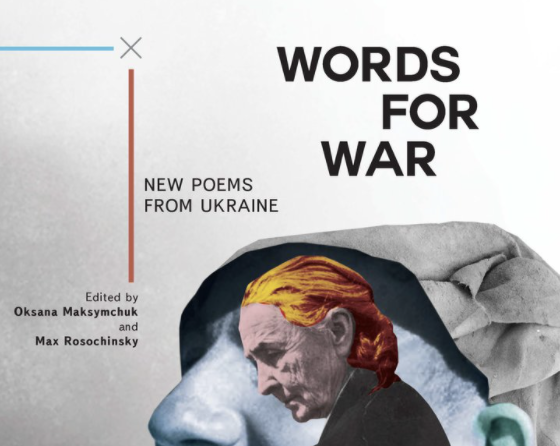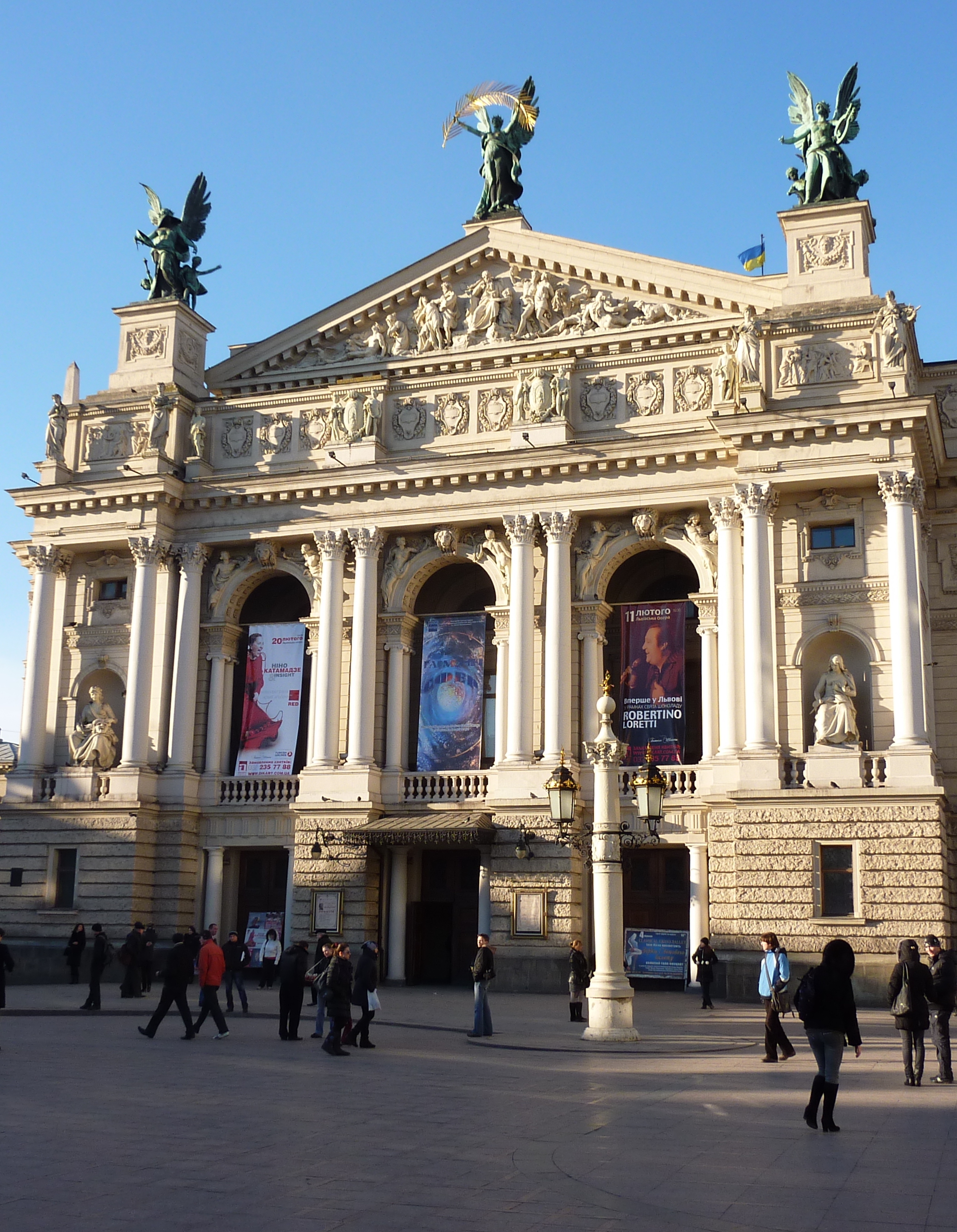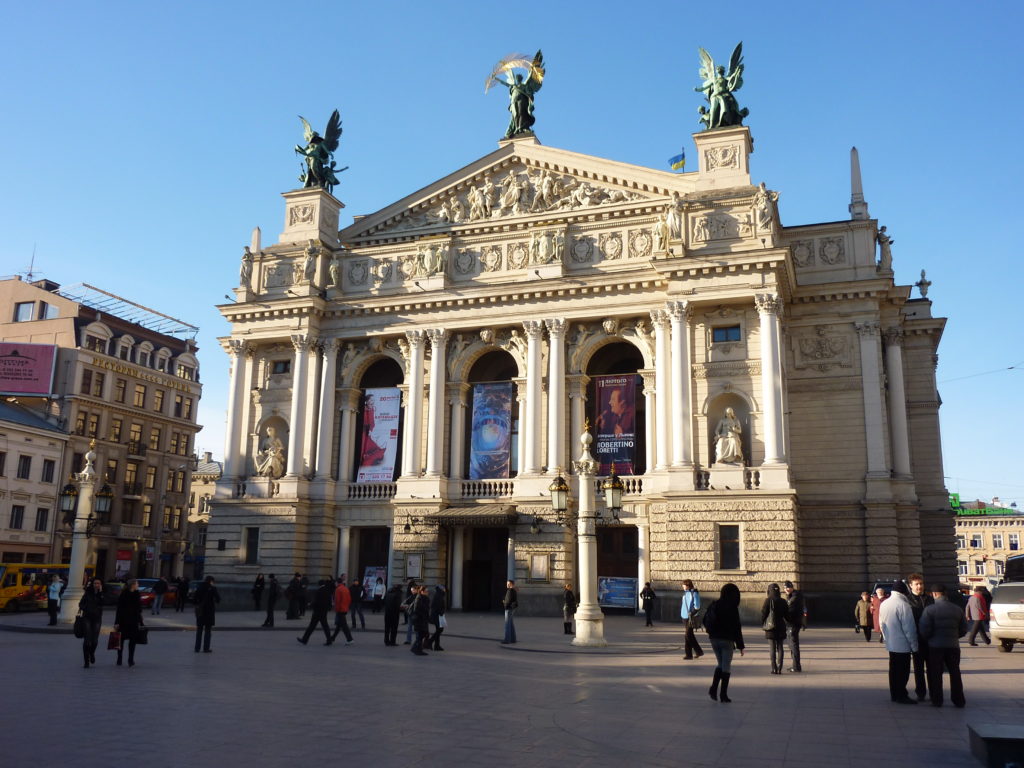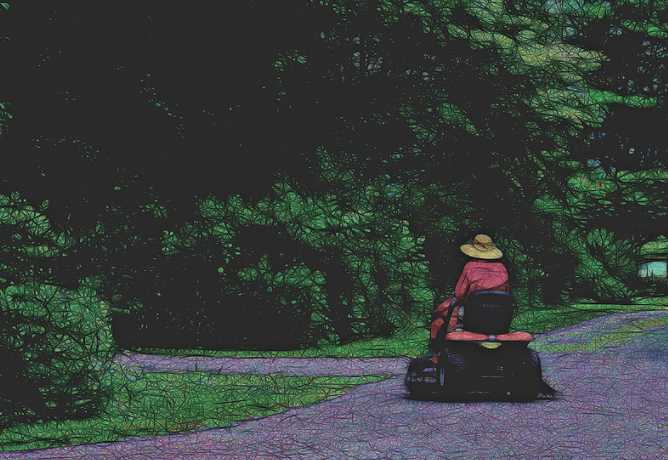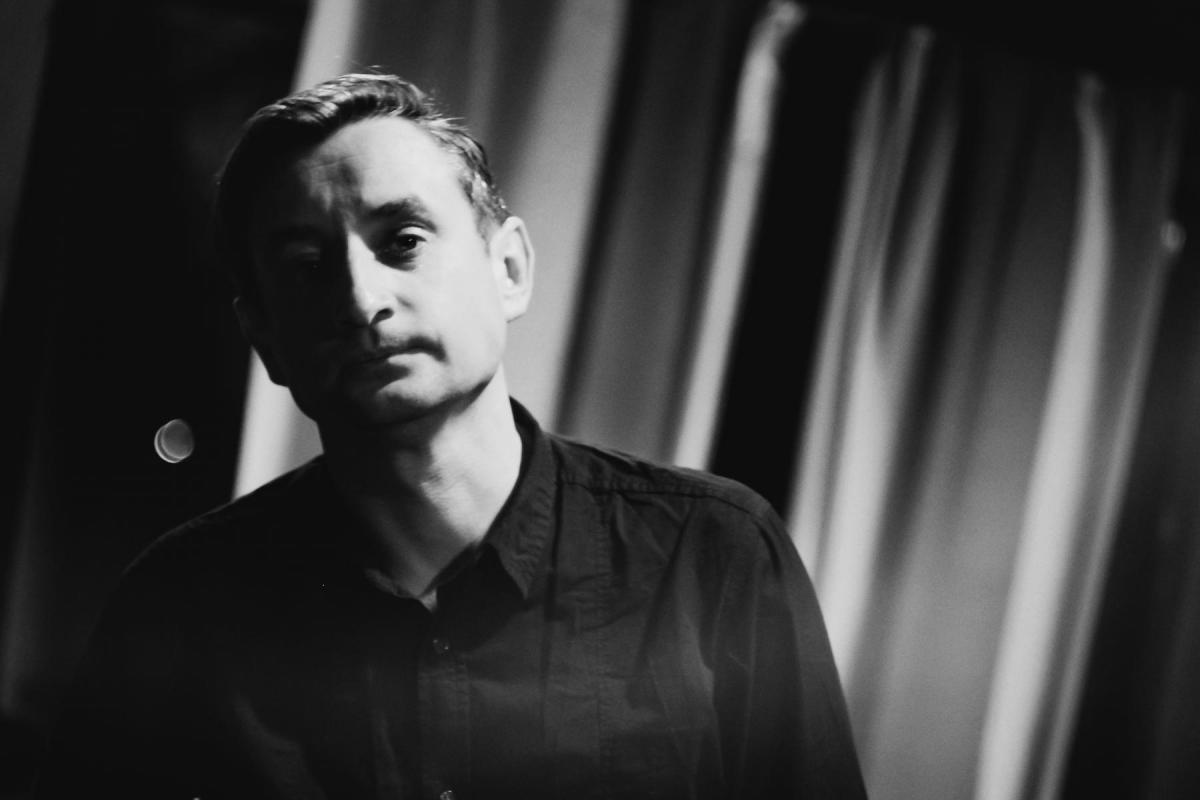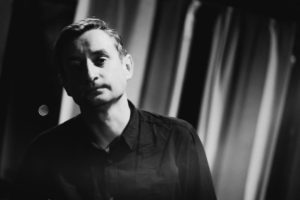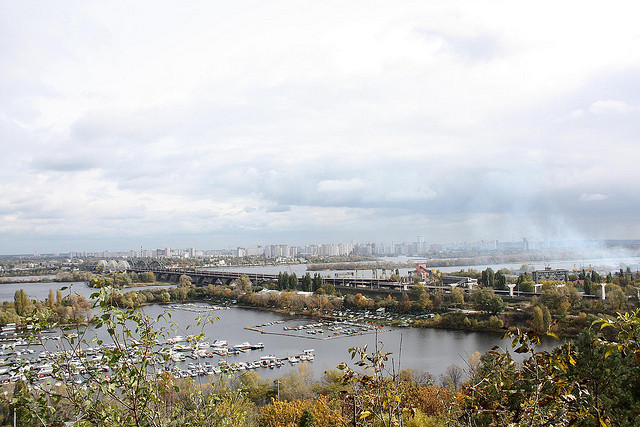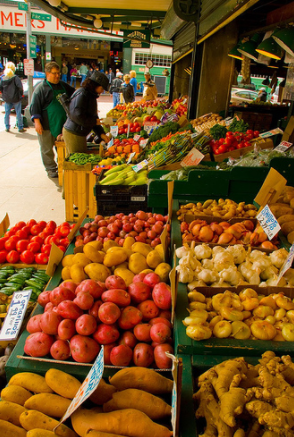This month The Common brings you a selection from the anthology WORDS FOR WAR, NEW POEMS FROM UKRAINE, edited by Oksana Maksymchuk and Max Rosochinsky, forthcoming next month from Academic Studies Press.
The armed conflict in the east of Ukraine brought about an emergence of a distinctive trend in contemporary Ukrainian poetry: the poetry of war. Directly and indirectly, the poems collected in this volume engage with the events and experiences of war, reflecting on the themes of alienation, loss, dislocation, and disability; as well as justice, heroism, courage, resilience, generosity, and forgiveness. In addressing these themes, the poems also raise questions about art, politics, citizenship, and moral responsibility. The anthology brings together some of the most compelling poetic voices from different regions of Ukraine. Young and old, female and male, somber and ironic, tragic and playful, filled with extraordinary terror and ordinary human delights, the voices recreate the human sounds of war in its tragic complexity.
ANASTASIA AFANASIEVA | “Can there be poetry after:”
BORYS HUMENYUK | “Our platoon commander is a strange fellow”
ALEKSANDR KABANOV | “He came first wearing a t-shirt inscribed ‘Je suis Christ,’”
KATERYNA KALYTKO | “April 6”
LYUDMYLA KHERSONSKA | “When a country of — overall — nice people”
SERHIY ZHADAN | “Third Year into the War”
